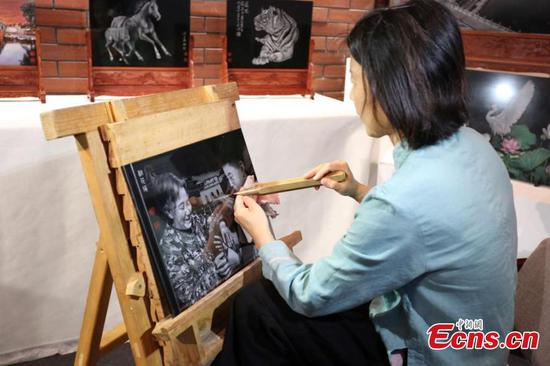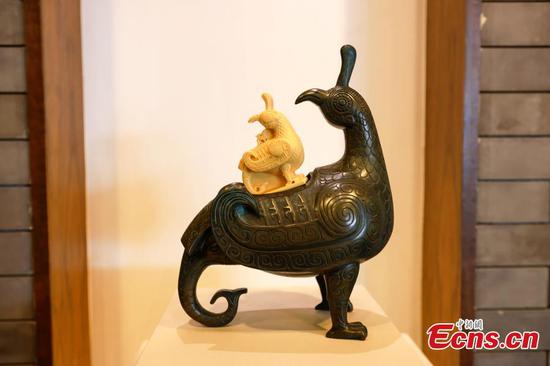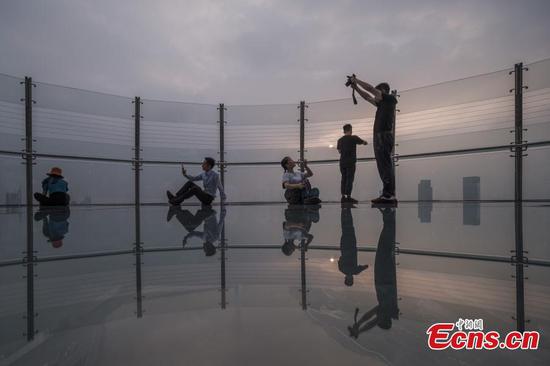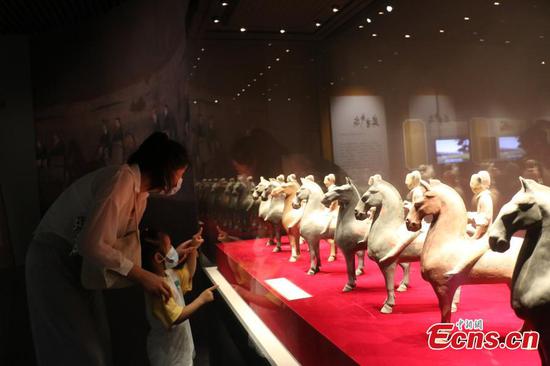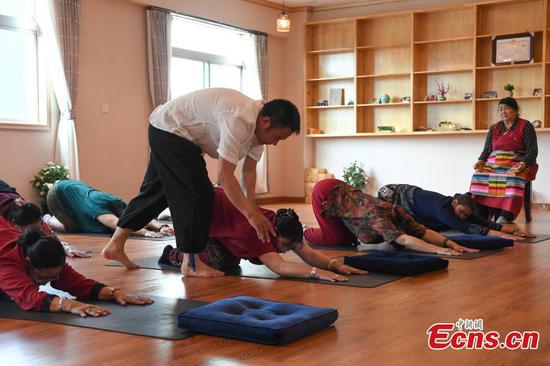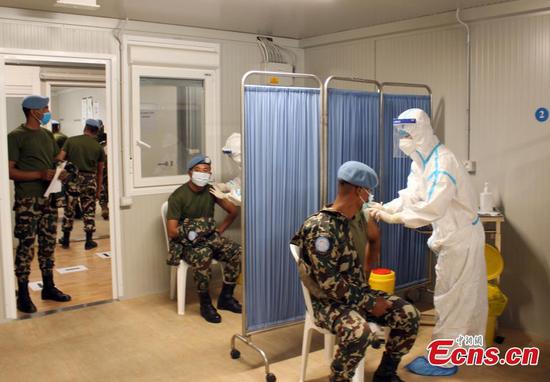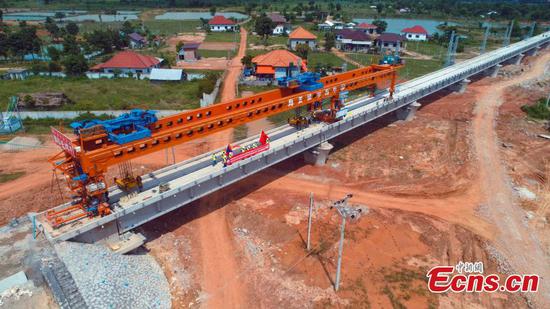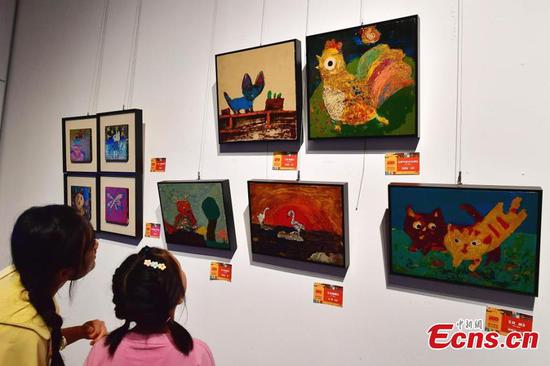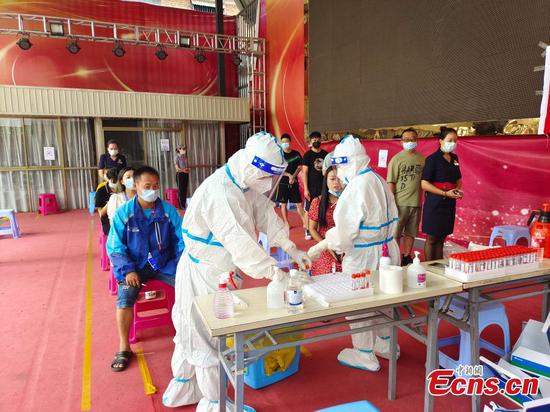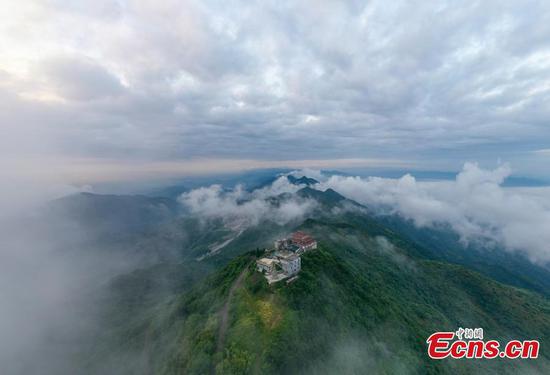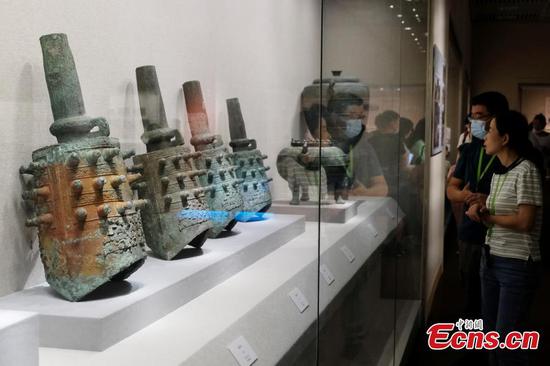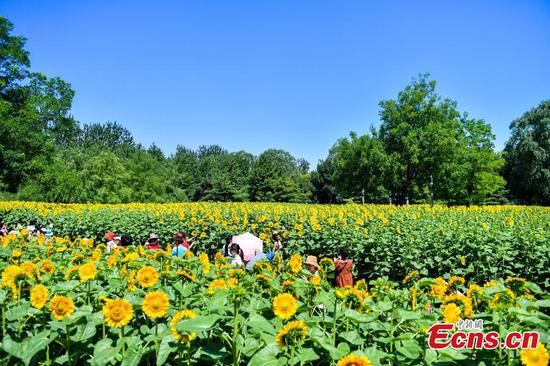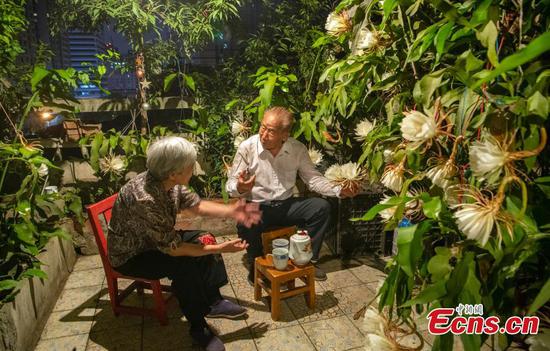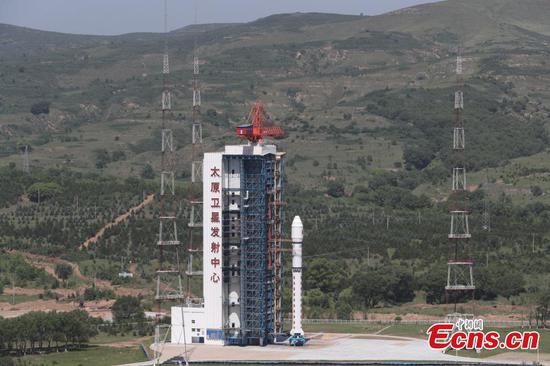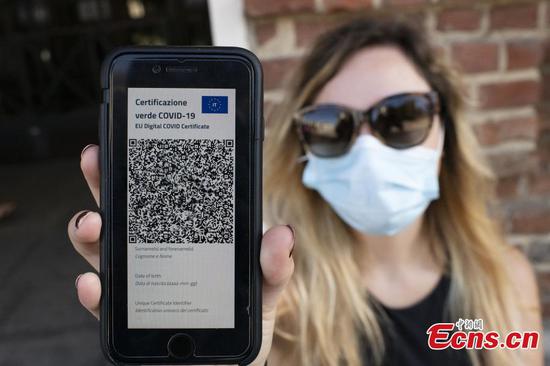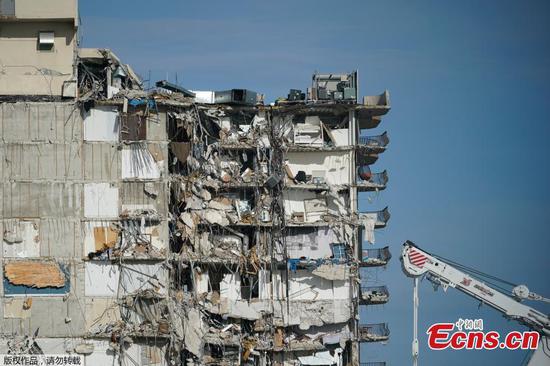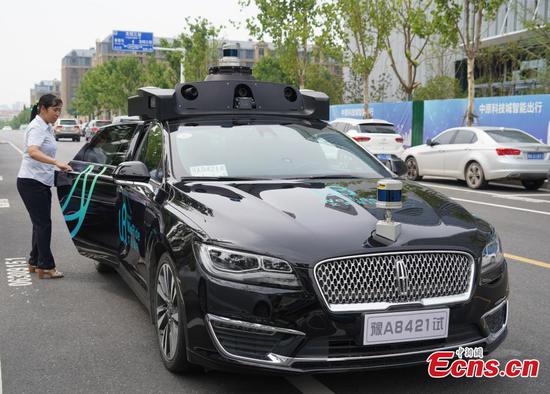
Ruili, a border city in Southwest China's Yunnan province, locked down its main urban areas beginning at midnight on Tuesday. (Photo/CCTV.com)
Ruili, a border city in Southwest China's Yunnan province, announced a lockdown in its main urban areas, beginning at midnight on Tuesday, after the city reported 15 new confirmed and locally transmitted COVID-19 cases and two locally-transmitted asymptomatic carriers. Residents are required to stay at home, and most businesses must suspend operations.
Jiegao, a border community, where all the infections were found, became China's only high-risk area for COVID-19 starting at 10 am on Wednesday, according to local authorities.
As of Tuesday, Ruili had 21 confirmed, locally transmitted cases and two locally-transmitted asymptomatic carriers.
All 17 cases reported on Tuesday, involving people from China as well as Myanmar, were detected during citywide nucleic acid testing after the first infections in the local were reported on Sunday. The 17 were sent to a designated hospital for treatment.
The result of gene sequencing for seven of the positive samples showed they were highly similar to the Delta variant of the coronavirus found in neighboring countries, said Zhai Yulong, Party secretary of Ruili, at a news conference on Wednesday.
Ruili's main urban areas and Wanding town launched a new round of nucleic acid testing at 8 am on Wednesday.
All residents in the city's main urban areas, which have a population of about 270,000, were under quarantine at home. Schools and training institutions suspended classes, and places of business, except for some supermarkets, wet markets, hospitals and pharmacies, were closed.
Restaurants are allowed to provide take-out service only, and residents can order daily necessities from online e-commerce platforms. A total of 23 sites were established to offer vegetables, meat, eggs and fruit to surrounding residents, he said.
Residents were asked to check their body temperature in the morning and at night and to report to their community if they have symptoms such as fever, a cough or sore throat.
The city will send more people to patrol populated areas and major traffic routes. It will strengthen efforts to crack down on smuggling of people and goods. The management of communities and foreigners will also be tightened.
In addition, market supplies will be guaranteed and social stability will be maintained, according to the city's epidemic prevention and control headquarters.
Muran Gangxiang, 36, who works in the city's Youyi community, said three to four workers now serve 70 to 80 families. The workers go door to door each day, visiting residents and gathering information, such as how many people are in the household, whether there are people from outside the community, and whether people have been tested for the virus and vaccinated.
He said the epidemic control work is carried out in an orderly manner, thanks to efficient and intelligent grassroots management resulting from the city's experiences during outbreaks in September and March. "Before, community workers had to hand-write information during the conducting of nucleic acid testing. Now the information is uploaded on an app, which is more convenient and efficient," he said.
He added that community workers and residents also established friendships and actively support epidemic control measures. "Only by a joint effort from all people can we overcome the outbreak."
He was one of 53 government workers that the Dehong Dai and Jingpo autonomous prefecture, which administers Ruili, sent to Ruili's 16 villages or communities in May to strengthen epidemic control and prevention efforts.
More grassroots workers are helping in such ways as delivering goods to residents and promoting local policies. Zhang Sijiu, Party secretary of the Youyi community, visited Gao Yinglin, an elderly woman who lives alone in the community, on Tuesday. She told Yunnan News Broadcast that she wanted to promote knowledge about epidemic control. "I told Gao that the virus is not horrible and all you need to do is self-protection. I also told her that she can call us whenever she needs to."
The community sent workers to help her with the nucleic acid testing on Monday afternoon. "I have been tested six times this year, and the community workers picked me up every time," Gao said.
Zhang added that the community has gathered information on all elderly people who live alone and will send them face masks and help them clean their homes.








